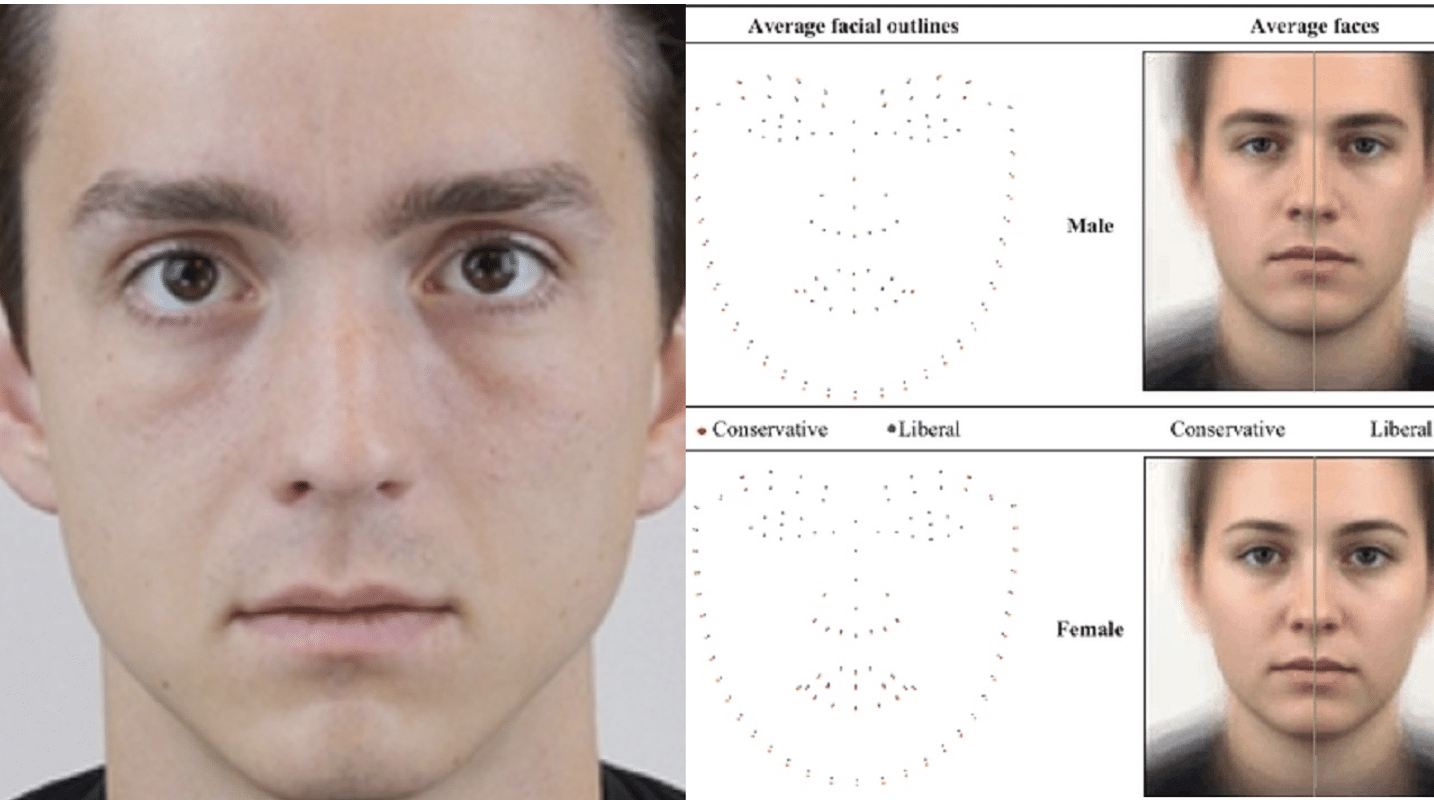(OPINION) – In some respects, Canada has been a step ahead of America in terms of moral and cultural decline. That means that what happens in Canada today—and I mean what happens in the most negative sense—could well be coming to America tomorrow. Of course, in other respects, America is far ahead of Canada in terms of serious moral issues. Just consider the difference in gun violence between our nations. Or ask yourself who is the world leader in exporting and providing porn, Canada or America?
Yet, when it comes to government overreach or attacks on fundamental liberties or hostility toward the church, Canada’s descent has been more frightening. We do well to pay attention to what is taking place to our north.
For example, Canada legalized same-sex “marriage” in 2005, a decade before the Supreme Court’s Obergefell decision, without which the states would have been battling over the issue for years to come. Not surprisingly, Canada was also well ahead of America in terms of prosecuting Christians who opposed gay activism and propaganda.
To give one case in point, already in 2006, a Canadian professor was “fined two weeks pay by a Nova Scotia university for telling a student that homosexuality is an unnatural lifestyle. … Cape Breton University (CBU) fined veteran history professor David Mullan $2,100 in response to two human rights complaints filed by a homosexual student who coordinates the campus’ Sexual Diversity Office. The student took umbrage at two letters the professor had written to his former Anglican bishop two years ago.”
Canada has also been ahead of the US in passing national legislation that would punish those who refused to comply with transgender activism, such as choosing not to refer to a male as a female if that person identified as such.
Now, according to Tyler O’Neil on PJ Media, a new bill, Bill C-36, would “enable citizens to bring legal claims against people who engage in ‘hate speech’ online, and if a member or panel of the Canadian Human Rights Tribunal finds the accused guilty, the tribunal can either:
order the accused to ‘cease the discriminatory practice’ and take steps to prevent it from happening again; order the accused to pay compensation of up to $20,000 ‘to any victim personally identified in the communication that constituted the discriminatory practice,’ or order the accused to ‘pay a penalty of not more than $50,000 to the Receiver General’ if the tribunal ‘considers it appropriate’ considering ‘the nature, circumstances, extent, and gravity of the discriminatory practice.'” READ MORE

















